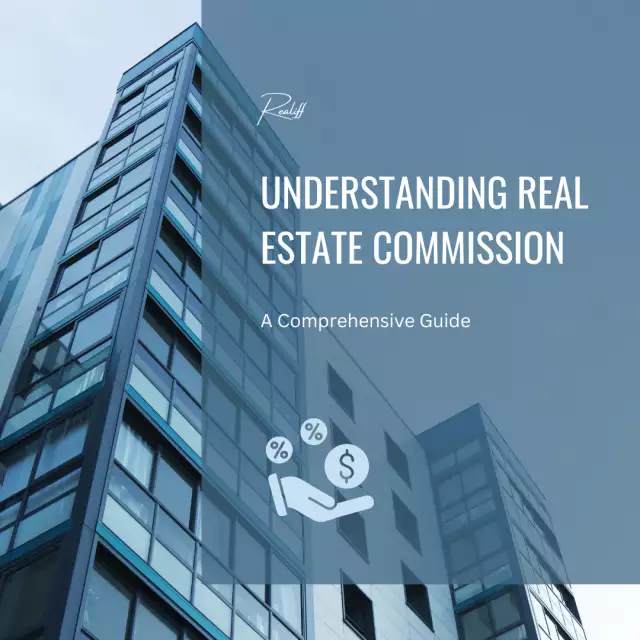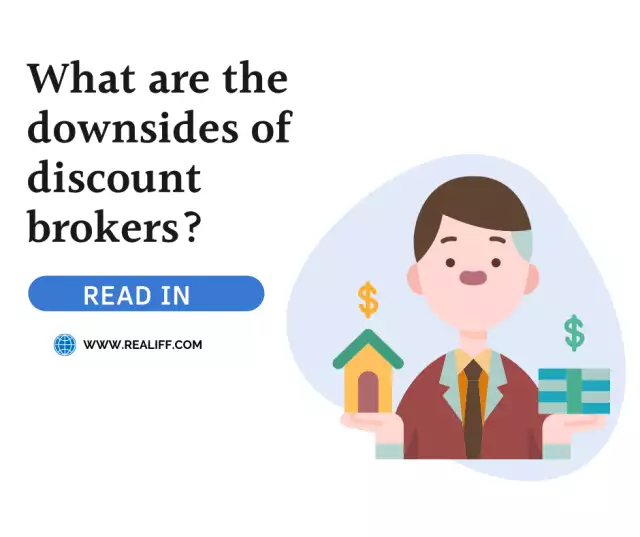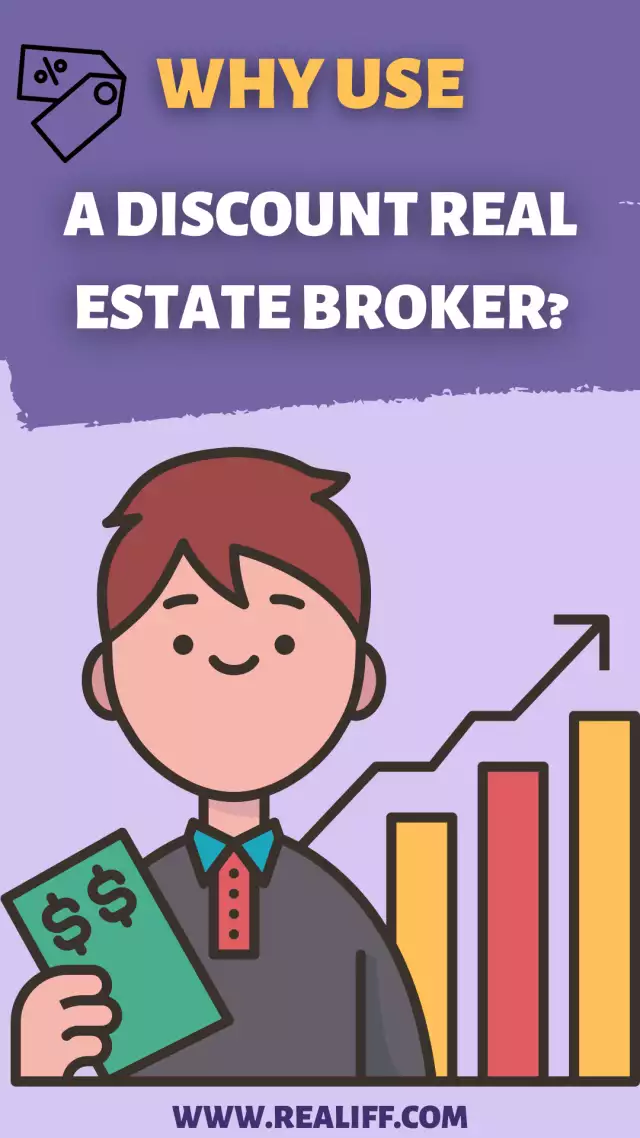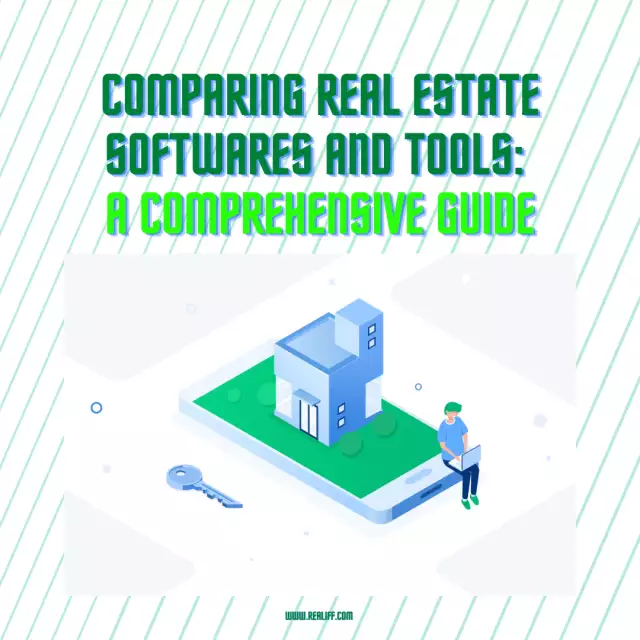The Ultimate Guide to Discount Real Estate Brokers: Save Money While Selling Your Home
The Ultimate Guide to Discount Real Estate Brokers: Save Money While Selling Your Home
Navigating the real estate market can be challenging, especially with the substantial commissions typically associated with selling a home. These fees often range from 5% to 6% of the sale price, significantly impacting your overall profit. Discount real estate brokers provide a cost-effective alternative, offering essential services at a fraction of the cost. This comprehensive guide explores everything you need to know about discount real estate brokers, how they operate, and whether they are the right choice for your next home sale.

What is a Discount Real Estate Broker?
Definition and Services
A discount real estate broker is a professional or firm that charges lower commission rates compared to traditional brokers. Typically, these brokers charge between 1% and 3% of the home's sale price, significantly lower than the standard 5% to 6%. Discount brokers offer a variety of service options, from full-service packages at reduced rates to à la carte services. This flexibility allows sellers to choose only the services they need, making the home-selling process more accessible and affordable.
How Commission Splits Work
In a traditional real estate transaction, the total commission is usually split between the buyer’s agent and the seller’s agent. When using a discount broker, the commission you pay is lower, but the buyer's agent generally still receives the full standard rate. For instance, if you sell your home with a 4% total commission, the buyer’s agent might still get 3%, while your discount agent takes 1%. This structure ensures that buyer's agents remain motivated to show your property, even with reduced commissions.
Pros and Cons of Using a Discount Real Estate Broker
Advantages
- Cost Savings:The primary benefit of using a discount broker is the significant savings on commission fees. This can translate to thousands of dollars saved, especially on higher-priced homes.
- Customizable Services:Many discount brokers offer flexible service packages. You can opt for only the services you need, such as online marketing or MLS listings, without paying for extras you don't require.
- Quick Sale in Hot Markets:In competitive markets, homes often sell quickly, sometimes with multiple offers. In such cases, paying for a full-service agent may not be necessary, and a discount broker can provide just enough support to close the deal.
Disadvantages
- Limited Services:To offer lower fees, discount brokers might provide fewer services. You might need to handle tasks like hosting open houses or negotiating directly with buyers.
- Less Personal Attention:Discount brokers often manage more clients simultaneously, which can result in less personalized service and longer response times compared to full-service agents.
- Potential Trade-Offs:Some discount brokers might cut corners on essential services like staging or professional photography, which could affect your home's marketability.

Questions to Ask Potential Discount Brokers
What is Your Experience and Track Record?Ensure the broker has a proven track record, especially with properties similar to yours.
What Services Do You Offer?Clarify which services are included in their fee and what additional costs you might incur.
How Do You Handle Marketing and Listings?Inquire about their marketing strategy and how they plan to list and promote your property.
What Are Your Fees and Payment Structures?Understand their fees and any other costs involved.
How Well Do You Know the Local Market?Gauge their knowledge of your local market, including recent sales, typical buyer preferences, and pricing trends.
Comparing Discount Brokers
- Broker A:Offers a 1.5% listing fee with an additional discount if you buy your next home through them. Known for a full suite of services at lower costs.
- Broker B:Charges a flat fee of $5,000 plus the buyer's agent commission, known for transparent pricing and comprehensive services.
- Broker C:Partners with local agents to provide flat-fee or low-percentage commissions, combining the benefits of traditional and discount models.

Full-Commission Brokerage vs. Discount Brokerage
Service Comparison
Full-service agents typically provide a wide range of services from pre-listing to closing, ensuring the quickest and most profitable sale with minimal hassle. These services might include staging, professional photography, marketing, negotiating offers, and managing inspections. On the other hand, discount brokers may offer limited in-person support and fewer comprehensive services, focusing on basic necessities like listing your home and handling paperwork.
FAQs About Discount Real Estate Services and Commissions
What is a Limited-Service Agent?
Limited-service agents offer lower commission fees by providing
only some traditional services. What they offer can vary but may
exclude tasks like scheduling showings or negotiating offers.
What is a Flat Fee MLS Listing Service?
This service lists your home on an MLS for a flat fee,
providing a way for FSBO (For Sale By Owner) sellers to gain
exposure without a full-service agent.
Can I Negotiate a Discounted Commission with a Traditional
Agent?
Yes, real estate commissions are negotiable. Some agents may
offer reduced rates while still providing comprehensive services.
Will I Really Save Money with a Discount Real Estate
Broker?
It depends on your definition of saving. While commission rates
are lower, a top agent might sell your home for more, potentially
resulting in higher net profits.
Do Discount Brokerages Represent Homebuyers?
Many offer commission rebates to buyers, which can provide some
post-sale savings.
Tips for Successful Home Selling
- Evaluate Your Financial Situation:Ensure you have enough funds to invest and maintain an emergency reserve.
- Understand Market Conditions:Stay updated on market trends to make informed decisions.
- Hire a Real Estate Agent:Even experienced investors benefit from the insights and assistance of a knowledgeable agent.
- Get a Property Inspection:Always inspect the property to avoid unexpected repairs and ensure a sound investment.
- Consider Future Flexibility:Think about long-term plans and whether having significant capital tied up in a property aligns with them.
- Use Professional Services:Hire professionals for legal advice, appraisals, and other services to protect your investment.
By understanding the benefits and limitations of discount real estate brokers and asking the right questions, you can make an informed decision that maximizes your profit while ensuring a smooth home-selling process.









